By Peter T. Udo-Akpan
One fateful day in December 2015, Aliyu Abatti Abdulhameed walked out of the Central Bank of Nigeria with a letter of appointment and not much else. Signed by the Governor of the apex bank, Mr Godwin Emefiele, the letter notified him of his elevation to the position of Managing Director of the Nigerian Incentive-based Risk Sharing System for Agricultural Lending (NIRSAL).
The organisation is a unique one in the annals of Nigerian agriculture and finance. Wholly owned by the CBN, and established in collaboration with the Federal Ministry of Agriculture and Rural Development and the Nigerian Bankers Committee, NIRSAL’s mandate is to encourage the financial sector to invest in agribusiness by de-risking the agribusiness finance value-chain, fixing the agricultural value-chain and taking other related steps to make the much neglected and underperforming sector a hub of productivity rather than retrogression and poverty. NIRSAL had been set up two years previously in 2013, but Abdulhameed’s appointment was, so to speak, its coming out party as an independent autonomous institution.
It was in many respects an inauspicious and modest beginning. Besides the appointment letter, all Abdulhameed had was just a few other staff and a mandate to take the NIRSAL concept which had been birthed by ex-CBN Governor Sanusi Lamido Sanusi and ex-Agriculture Minister, now African Development Bank (AfDB) President Akinwunmi Adesina, to a higher plane.
Shortly after, NIRSAL flung open its doors for business in a small congested office in Maitama in Nigeria’s capital Abuja. Tucked away in this obscure location in the residential part of the district, Abdulhameed and his small team proceeded to breathe life into the concept and realise its potentials. It was a tough period characterised by intense hard work, burning the midnight candle at both ends, and navigating the bureaucratic hurdles of establishing a new institution while engaging the private sector and agribusiness partners in line with its mandate.
The investment in rigorous brainpower and physical effort has paid off handsomely for the country. Today, NIRSAL is a vibrant, high performing and respected presence in the nation’s agribusiness and development finance sector, with significant and measurable accomplishments within and outside the country. Below are five of this remarkable institution’s notable achievements over the last five challenging and eventful years.
- N138 BILLION FACILITATED INTO THE AGRIC SECTOR
At the heart of NIRSAL’s mandate is its duty to create a handshake between the financial sector and agribusiness. In real terms, this metaphor refers to its responsibility to encourage a strong and sustainable relationship between the banks, other players in the financial sector and their counterparts in agribusiness. As anyone familiar with bankers can testify, achieving this is very difficult. Bankers are a hard-headed and unsentimental lot who are not moved by emotions and pleas to emotion and patriotism. They would rather discuss specifics like profitability and prospects backed by confirmed figures.
Against this background, it is notable that NIRSAL has facilitated finance and investment to agricultural value chains in the sum of over NGN138 billion through its Credit Risk Guarantees (CRG), the Anchor Borrower Program (ABP) and other forms of finance and investment. These funds have gone into the pre-upstream, upstream and midstream segments of the agricultural value chain in the form of mechanization, fertilizer, seeds, agrochemicals and primary production of many important food and export crops.
No doubt NIRSAL is contributing its fair bit to the steady growth of a sector which is being transformed from multiple directions by the steady focus of the Buhari administration.
- INSURANCE FOR FARMERS
NIRSAL is anchored on five strong pillars: Risk Sharing, Insurance, Technical Assistance, Rating and Incentive Mechanism. To simultaneously improve assured profitability and the welfare of the farmers, NIRSAL under Abdulhameed has prioritised the agricultural insurance pillar. The NIRSAL Innovative Insurance Product Development is aimed at providing cover for farmers, offtakers and investors against loss. This Insurance facility is designed to expand agricultural insurance products to reduce credit risk and increase lending across the agricultural value chain.
NIRSAL has set itself a target to raise insurance uptake by primary producers from 0.5 million to 3.8 million by 2026 and continually develop insurance products that will give financial institutions and Agricultural Value Chain players the comfort they need to lend to the agricultural sector while building the capacities of underwriters. Prior to NIRSAL’s intervention, Agricultural insurance in Nigeria was indemnity based which only provided compensation equivalent to farmer’s cost of production.
NIRSAL alongside Technical Partners collaborated with National Insurance Commission and the National Agricultural Insurance Corporation (NAIC) along with a consortium of four underwriters (Axa Mansard, IGI, Leadway, Royal Exchange and Pula Advisors) to provide innovative and index-based insurance to protect investments in the agricultural sector, particularly those of the smallholder farmers. The NIRSAL Comprehensive Index Insurance product (NCII) was launched in 2019.
This innovative product seeks to strategically transition their product focus from indemnity-based insurance to Area Yield Index, Revenue Index, Hybrid Index and finally to the NIRSAL Comprehensive Index Insurance product. This suite of innovative products does not only provide compensation to farmers based on costs incurred but also covers projected earnings.
As a result of NIRSAL’s efforts, nine private insurance companies now have NAICOM approval to sell the index-based agricultural insurance products and over 1 million farmers have used the NIRSAL Area Yield Index Insurance product.
- AGROGEOCOOPS
Abdulhammeed and his team understand that agricultural transformation in Nigeria must revolve around smallholder farmers who are responsible for over 90% of current food production. This would require a shift from sub-optimal, disaggregated and subsistence agricultural operations. This is the context which led to NIRSAL’s conceptualisation and deployment of AGROGEOCOOPS, a unique scheme which is set to receive its second batch of applications. With this game-changing innovation, NIRSAL is currently structuring hectares of land into blocks of 10 hectares, cells of 50 hectares and Agro Geo-Cooperatives of 250 hectares for the production of the NIRSAL 5-4-3-2-1 select commodities comprising:
5 Industrial Commodities – Maize, Soya, Wheat, Cassava and Cotton
4 Export Commodities – Value Added Ginger, Hibiscus, Sesame and Shea
3 Consumer Commodities – Rice, Beans and Sweet Potato
2 Controlled Environment Agriculture Commodities focused around the Youth – Aquaculture and Fresh Fruits and Vegetables
1 Integrated Livestock Commodity – Beef + Dairy + Hides and Skin
The aim is to optimize agricultural primary production by deploying Mechanization, Improved Inputs, Technologies, Action Research and Extension Services, Capacity Building, Mentorship, Governance and Finance to agro geo-cooperatives that are created.
- DIRECT AND INDIRECT JOBS CREATED
Through various products and initiatives, NIRSAL has created over 500,000 jobs and positively impacted over 3 million lives across the agribusiness value-chain, by opening up various aspects of the sector to young entrepreneurs which were hitherto inaccessible or simply too risky to venture into.
- INTERNATIONAL IMPACT
NIRSAL is both a formidable showcase and a prime ambassador for the successes of Nigeria’s agribusiness sector. NIRSAL’s reputation goes beyond the shores of Nigeria. Some African countries have reached out to the corporation to help them with key aspects of their policies and programmes to revamp agribusiness in those countries.
For instance, under a consultancy arrangement, NIRSAL has successfully assisted the Republic of Togo to set-up an institutionalized risk sharing facility. Other countries including the Democratic Republic of Congo, Ghana, Liberia, Rwanda, Uganda and Sudan have also expressed interest in obtaining NIRSAL’s support. Increasingly, NIRSAL is seen as one of Africa’s leaders in the area of agriculture finance and risk management. This is a positive for Nigeria.
The above are just a few of the significant and measurable accomplishments of NIRSAL. Also notable is the institution’s market-led and technology-driven system of primary agriculture production, Farm Aggregation Model for Smallholder Agriculture based on Technology (FAM-SMART), which has taken off in Edo and Osun states. The programme is anchored on three principles: aggregation, structured group dynamic and proportionate cost and profit-sharing.
Several investors – commercial banks, Letshego Microfinance Bank which has made an initial commitment of N2 billion to support the roll-out of multiple FAM-SMART projects across the country; Syngenta, Seedco, TENETEN and ACT Agribusiness etc – have expressed serious interest in partnering with and investing in the scheme. Their confidence is based on how well-structured FAM-SMART, like other NIRSAL initiatives, is. These and other accomplishments are a testament to the calibre of leadership NIRSAL enjoys.
Udo-Akpan is a public affairs commentator











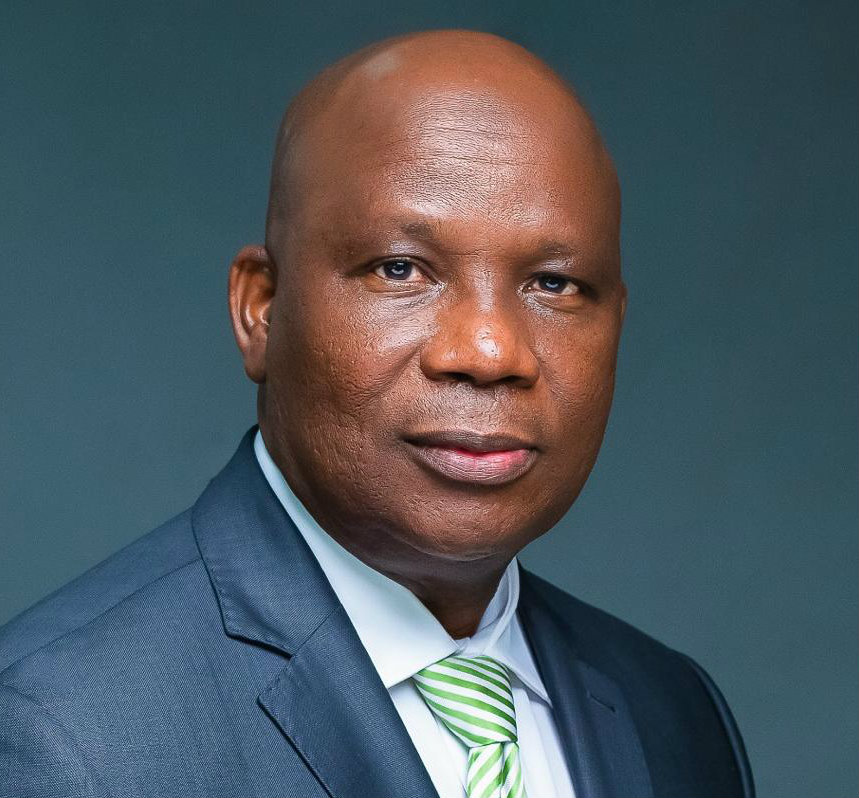









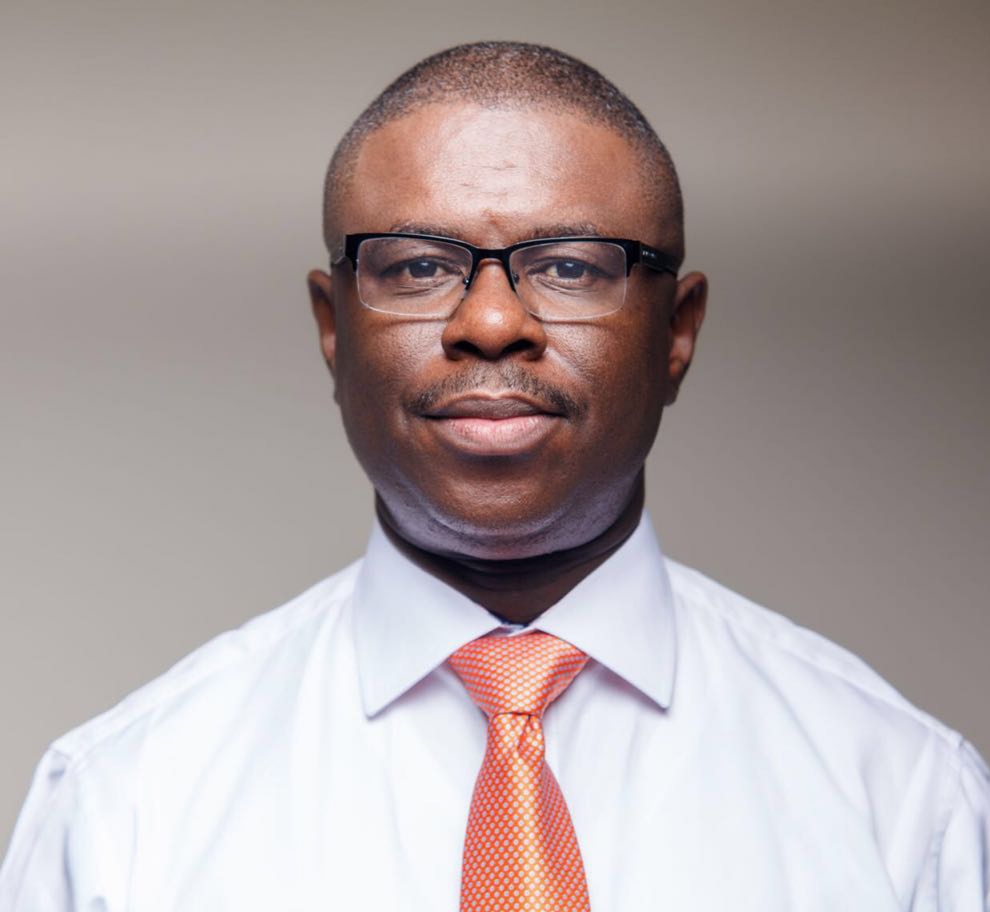

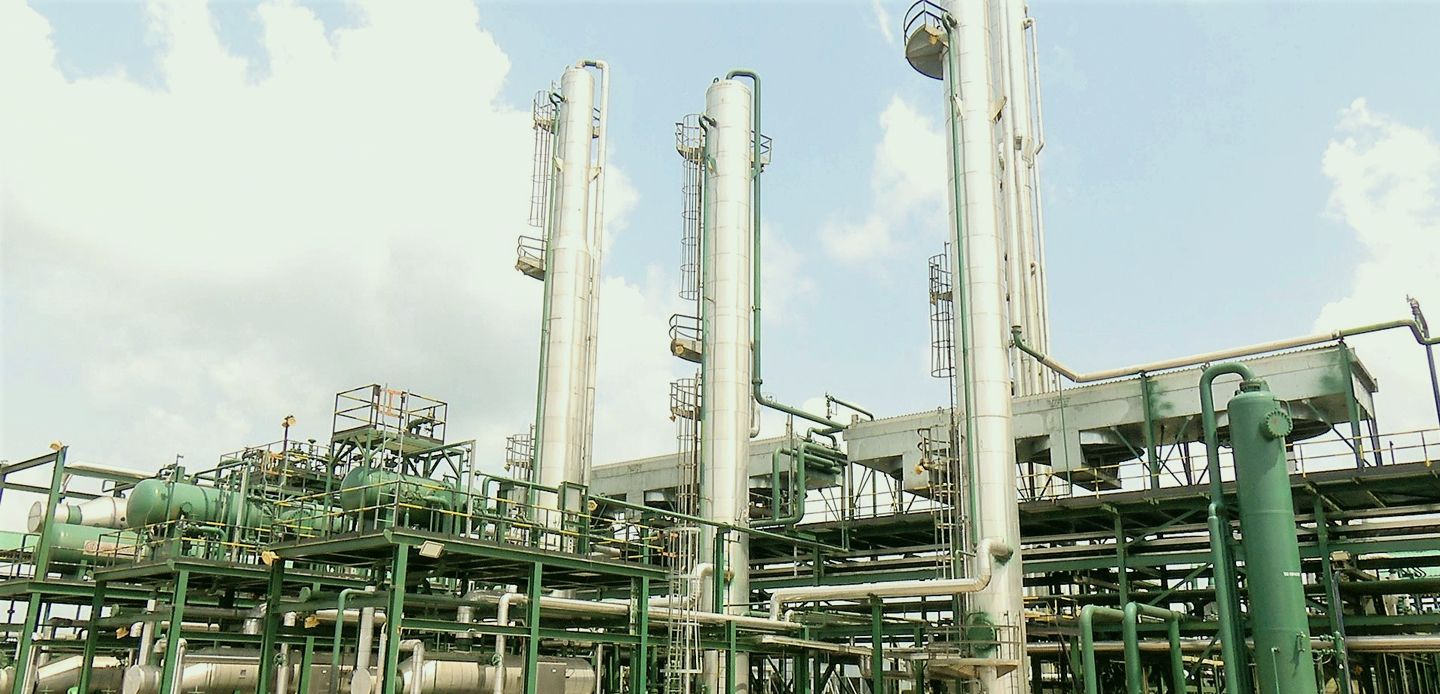
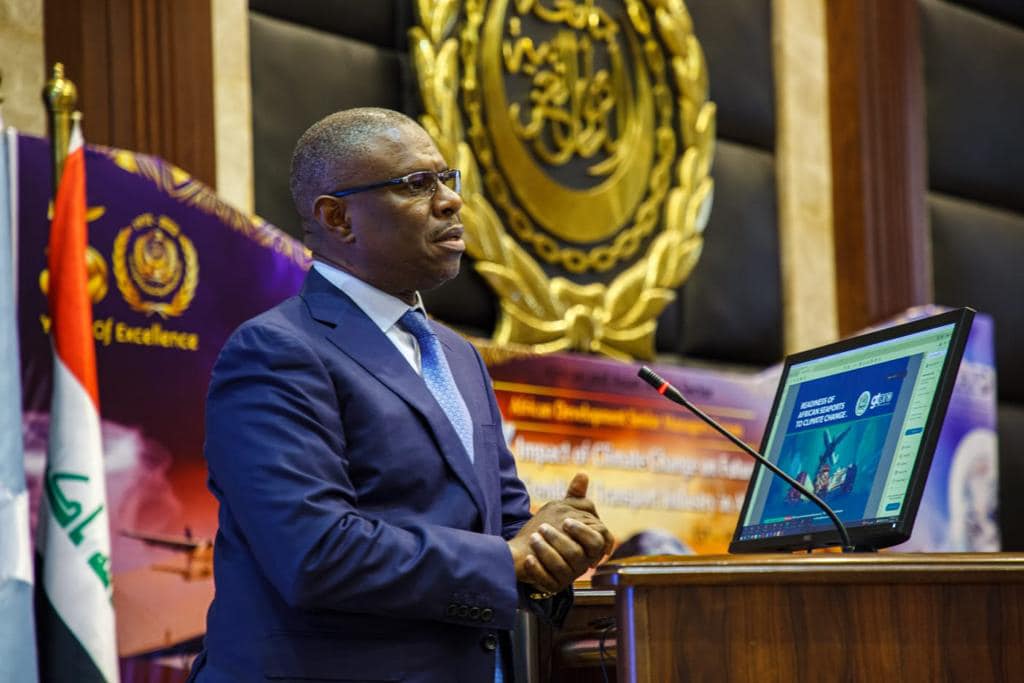

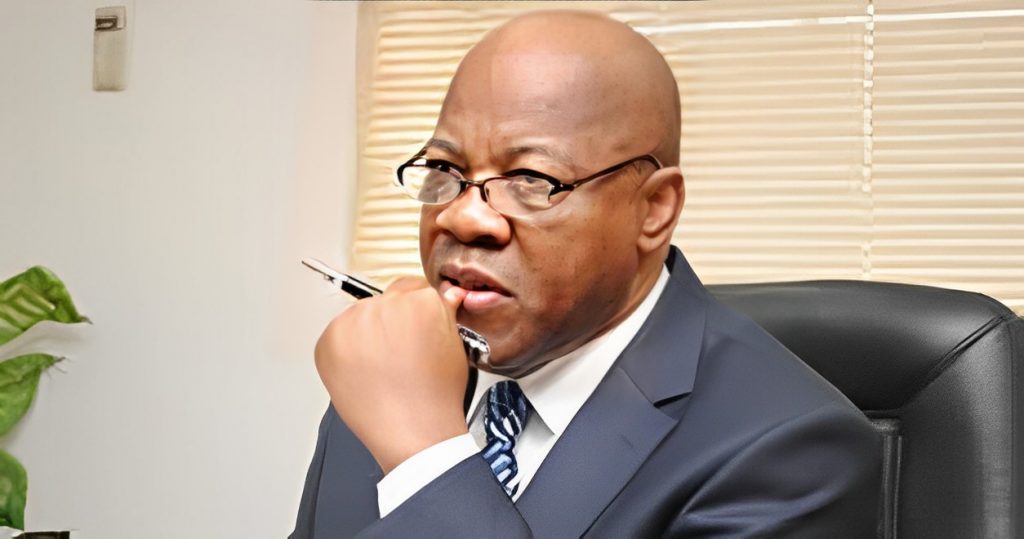
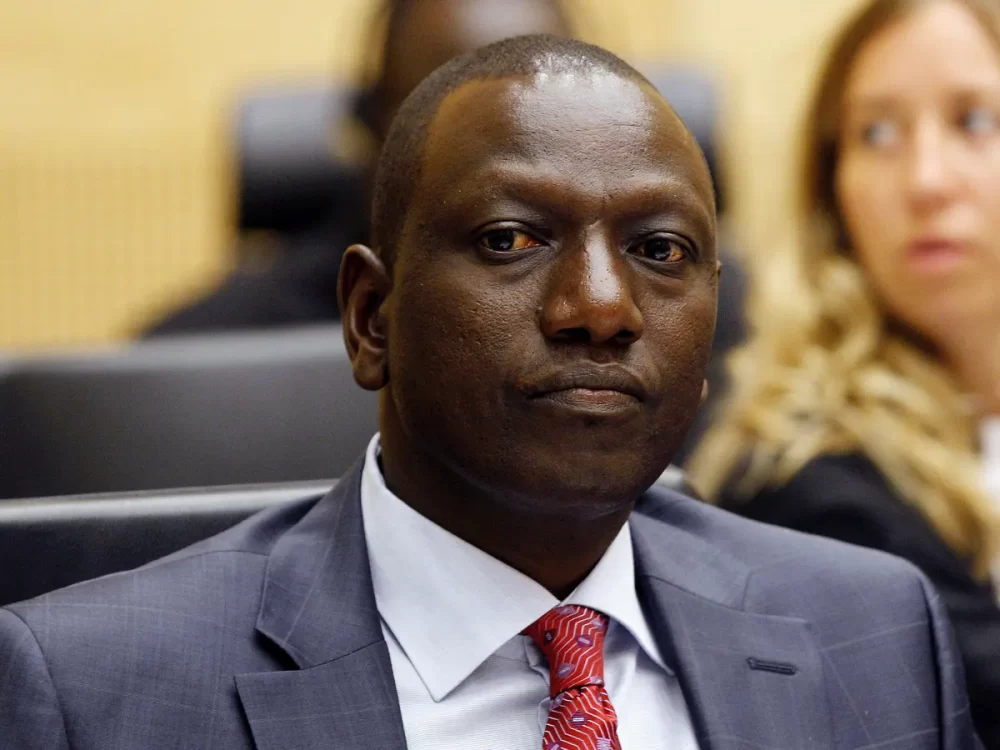
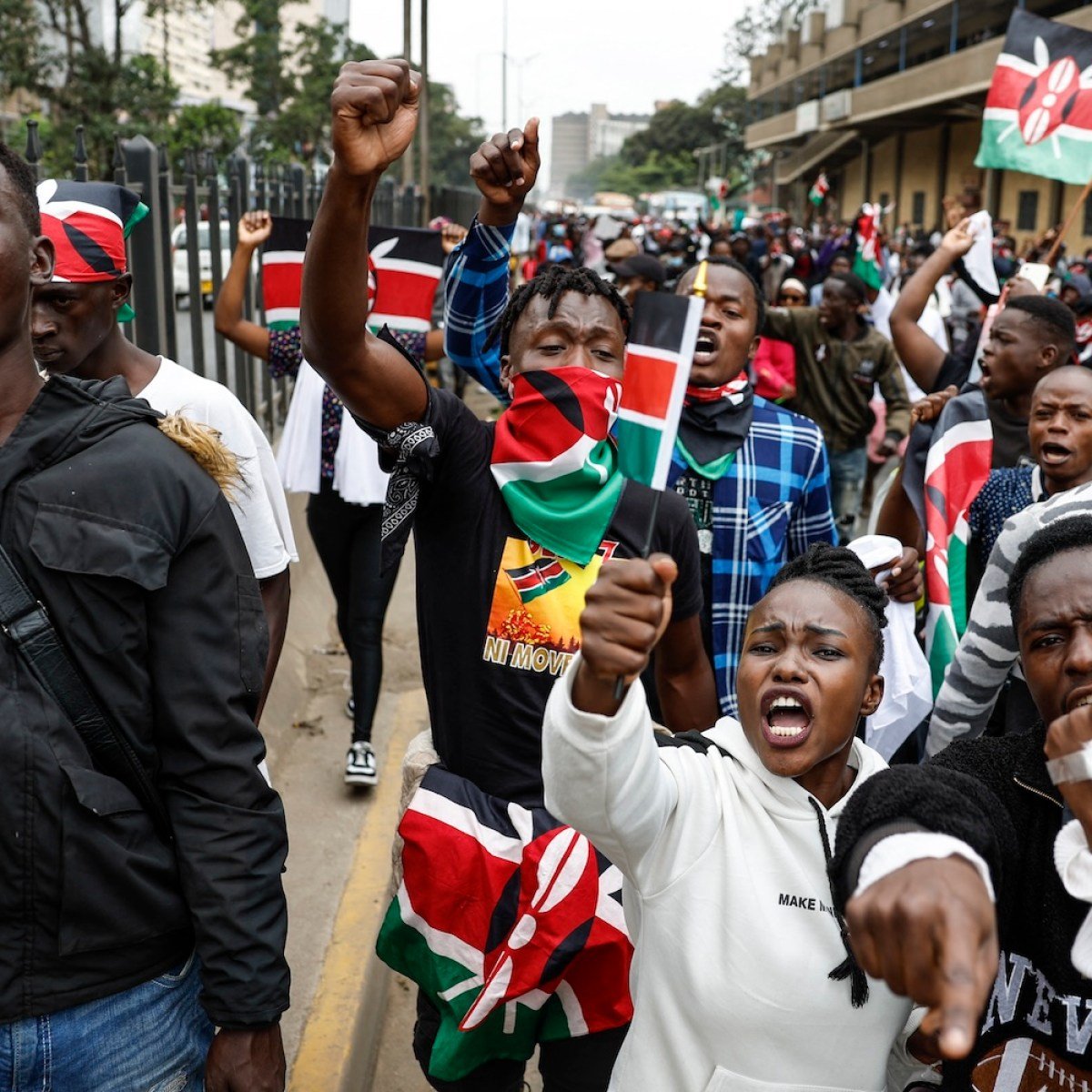


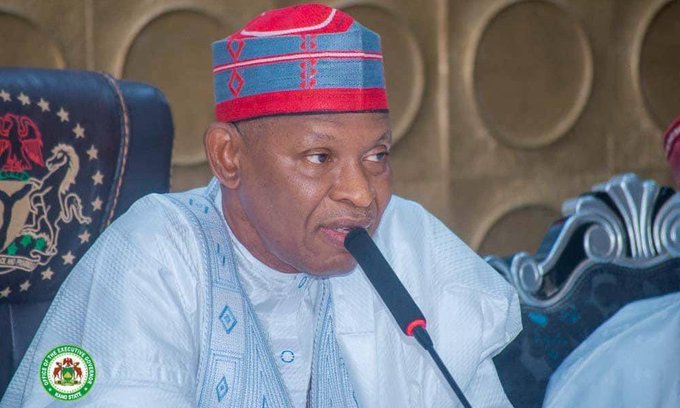
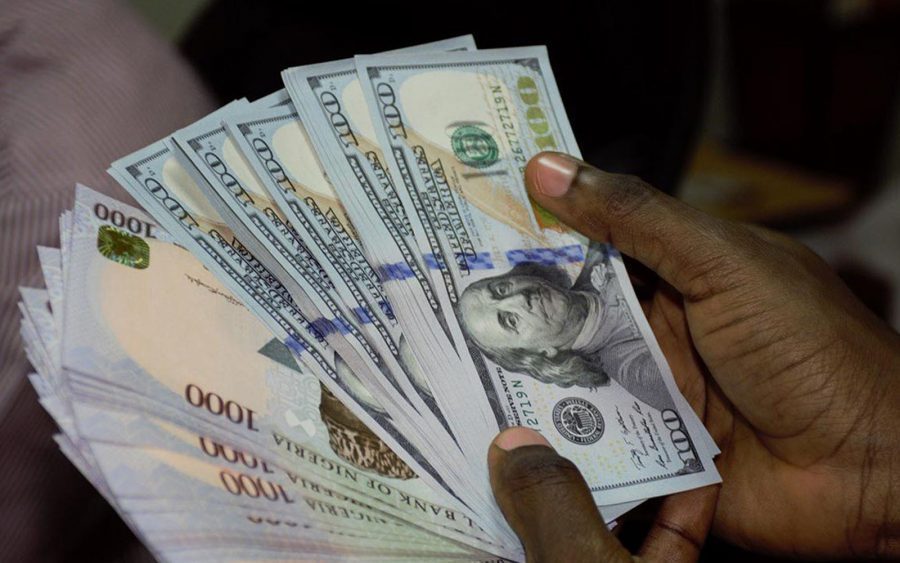
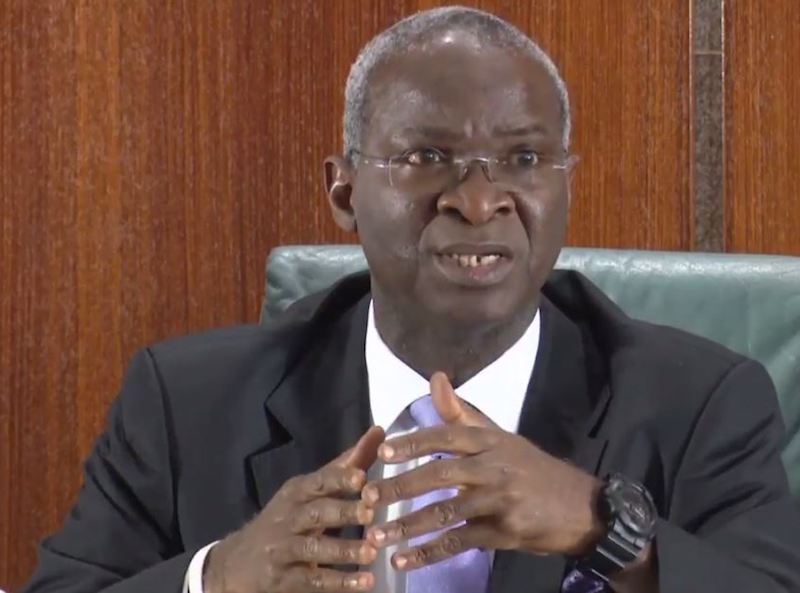
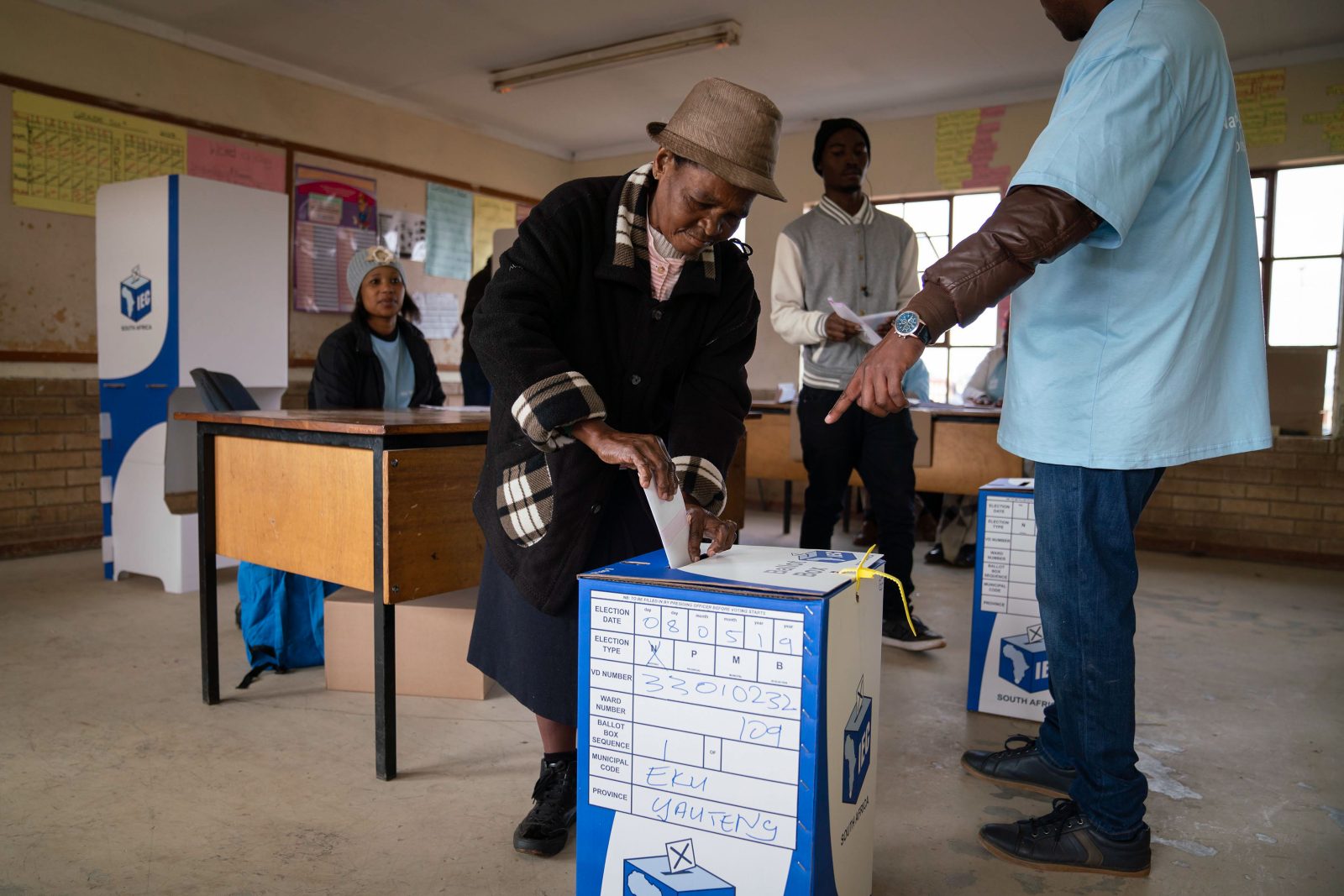

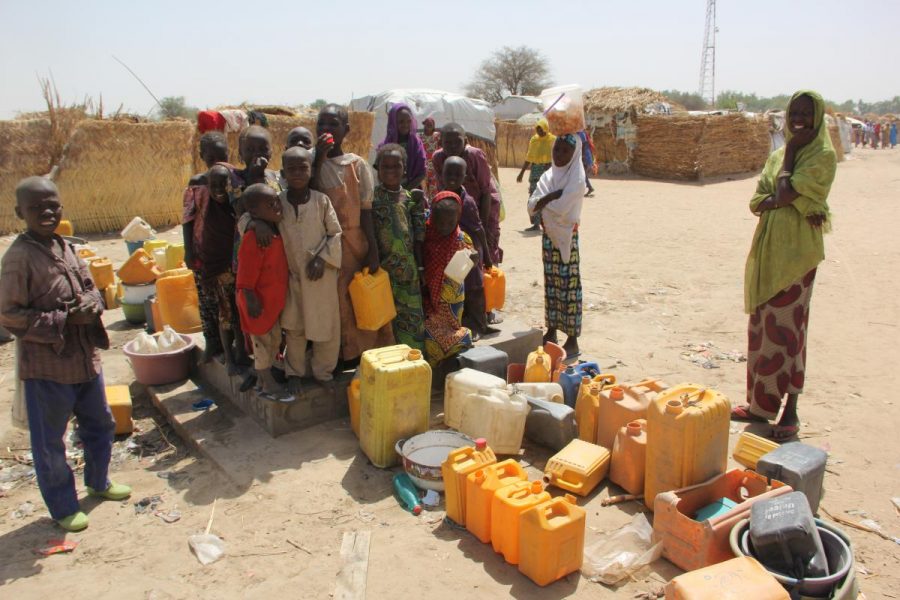
Leave a comment